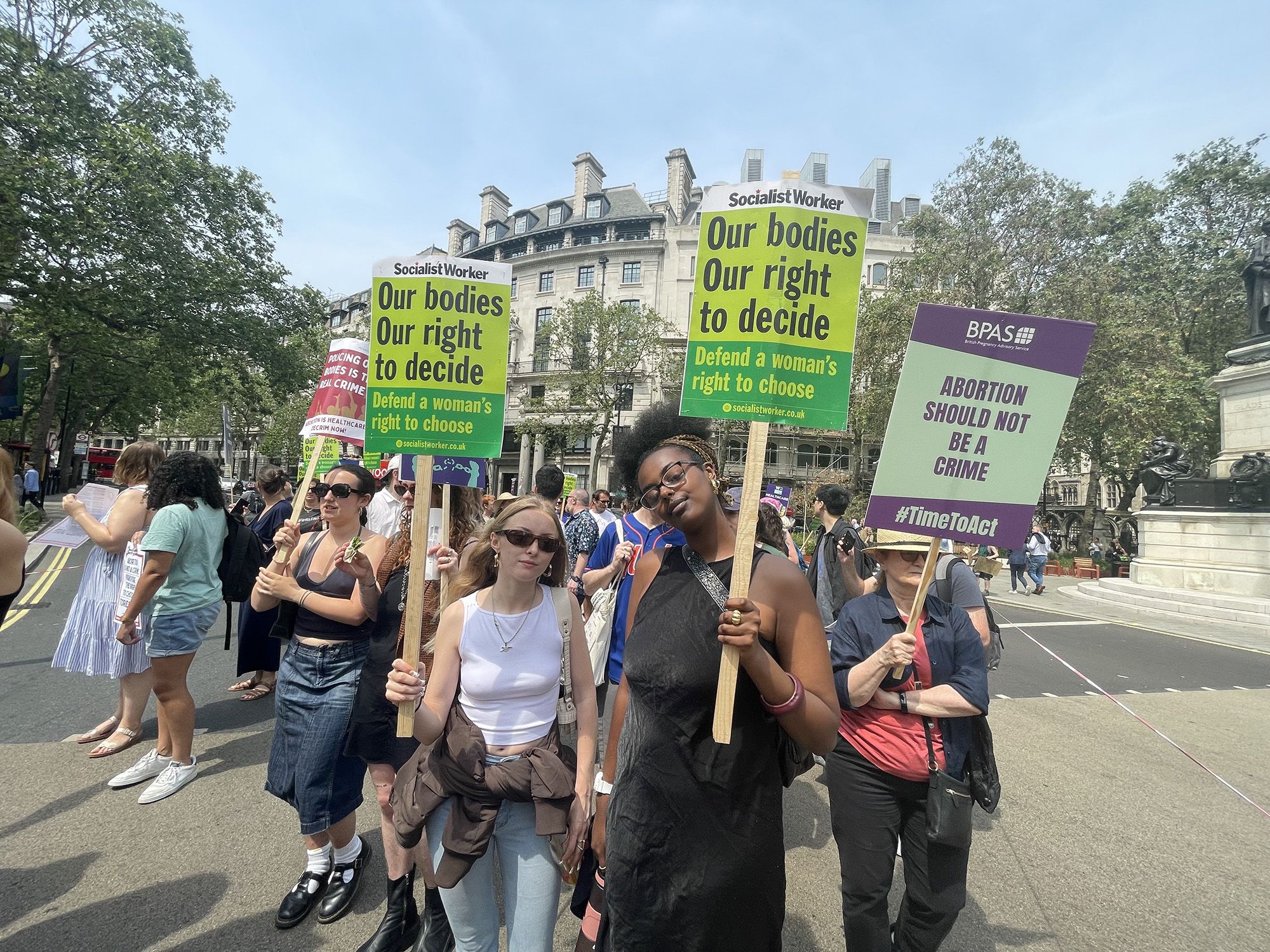Abortion law in the United Kingdom has undergone significant changes in recent years, reflecting evolving societal attitudes and legal reforms. Here’s an overview of the current legal framework and recent developments:
1. Legal Status of Abortion
Abortion is legal in England, Scotland, and Wales under the Abortion Act 1967, provided certain conditions are met:
- Up to 24 weeks: Two doctors must agree that continuing the pregnancy would pose a greater risk to the woman’s physical or mental health than terminating it.
- After 24 weeks: An abortion can be performed if there is a substantial risk to the woman’s life, or if there is a serious risk of physical or mental abnormalities in the fetus.
In Northern Ireland, abortion is legally permitted:
- Up to 12 weeks: Without restriction, allowing women to seek an abortion without providing a reason.
- After 12 weeks: Similar conditions apply as in the rest of the UK, requiring medical justification for the procedure.
2. Recent Legal Reforms
In June 2025, a significant amendment was passed in the UK Parliament, decriminalizing abortion in England and Wales. This change aimed to remove the threat of criminal prosecution for women seeking abortions, particularly in light of recent investigations and prosecutions under outdated laws from the 19th century. The amendment is part of the broader Crime and Policing Bill and is expected to receive royal assent soon.
3. Access to Abortion Services
Access to abortion services varies across the UK:
- England, Scotland, and Wales: The National Health Service (NHS) provides abortion services up to 24 weeks. Services are also available through private providers, such as BPAS and MSI Reproductive Choices UK.
- Northern Ireland: Abortion services are available through the NHS, with specific guidelines for procedures before and after 12 weeks of pregnancy.
4. At-Home Medical Abortions
Since March 2022, women in England and Wales have had the option to access early medical abortions at home. This service allows women to take both required medications for early medical abortion via a teleconsultation, with both pills taken at home for pregnancies up to 9 weeks and 6 days. This change was made permanent following a vote in the House of Commons.
5. Safe Access Zones
To protect individuals seeking abortions from harassment, both Scotland and Northern Ireland have implemented “safe access zones” around abortion clinics. These zones prohibit protests and other activities that could intimidate or obstruct individuals accessing services.
6. Public Opinion and Ongoing Debates
Public opinion on abortion remains a topic of discussion. Recent surveys indicate that a significant majority of the public believes women should not face prosecution for seeking abortions beyond the legal time limits. However, debates continue regarding the ethical considerations of late-term abortions and the balance between women’s rights and fetal protections.
7. Resources and Support
Individuals seeking information or support regarding abortion can access services through:
- NHS: Provides information and services related to abortion care across the UK.
- BPAS (British Pregnancy Advisory Service): Offers confidential advice and services for individuals considering abortion.
- MSI Reproductive Choices UK: Provides a range of reproductive health services, including abortion care.
- NUPAS: Offers abortion services and support across various locations.






















